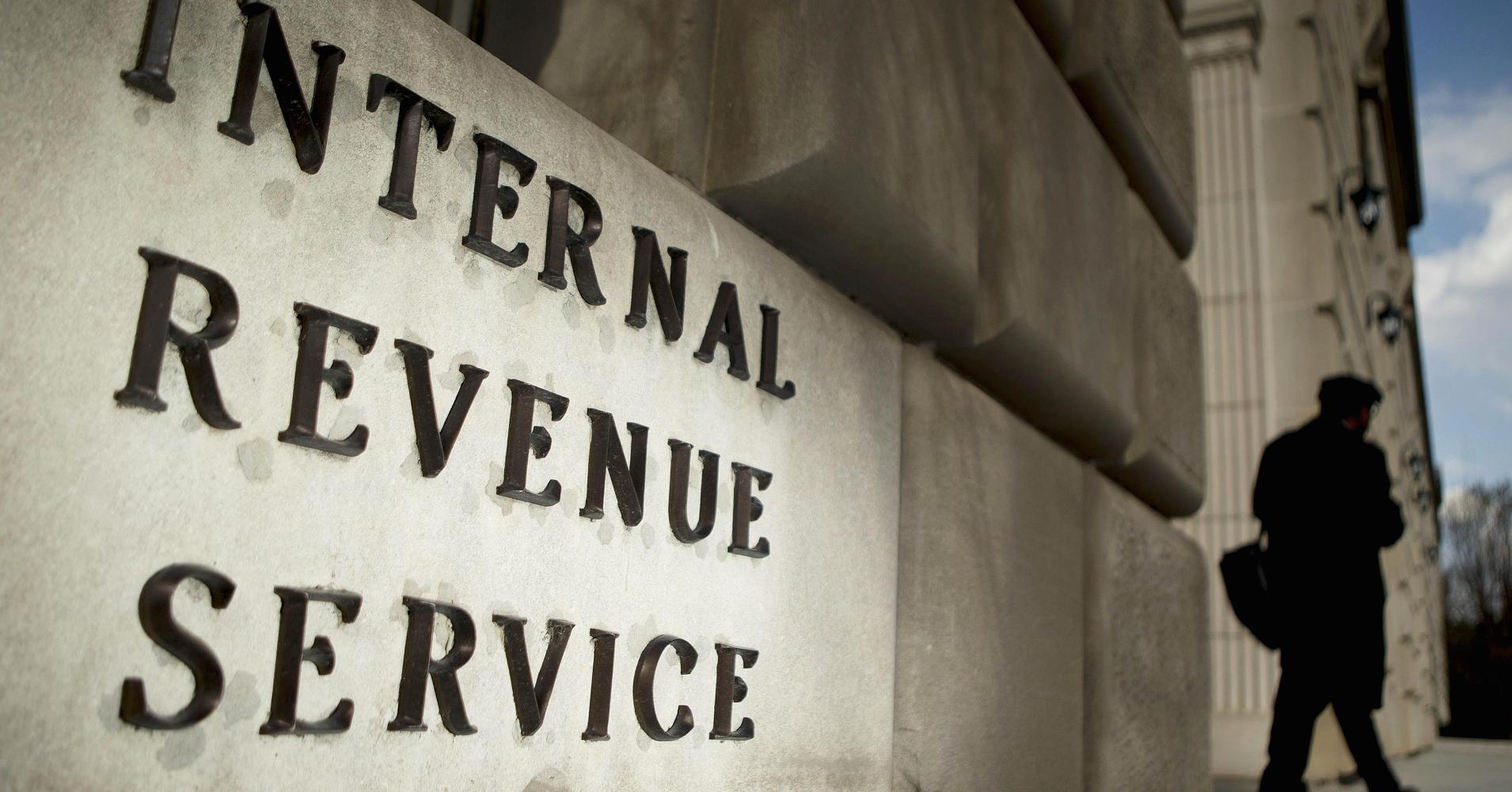Judge tosses lawsuit against FBI after bureau ‘stole’ millions in jewelry, cash from 1,400 safe deposit boxes
11/22/2022 / By JD Heyes

Once again, the deep state is guilty of protecting its own at the expense of ordinary Americans.
Last month, a federal judge in California tossed out a lawsuit alleging that the FBI literally stole millions in cash, jewelry, and other valuables out of some 1,400 safe deposit boxes after raiding a private company believed to be involved in money laundering for criminals.
“A lawsuit filed in August alleged the FBI and the US attorney’s office in Los Angeles obtained warrants against US Private Vaults in Beverly Hills, California, by concealing critical details from the judge who approved them,” Business Insider reported in early October. “In his ruling, District Court Judge R. Gary Klausner found no impropriety in the way the government got or executed the warrants for the raid. He dismissed the class-action suit filed on behalf of the people whose boxes had been seized.”
Klausner, a George W. Bush appointee, acknowledged in his ruling that the vault company was shut down after the 2021 raid, and its owners have since pleaded guilty to a conspiracy to launder drug money.
A spokesperson for the FBI pretended like the agency is the most constitutional federal department.
“Today’s District Court ruling makes it clear that agents investigating criminal activity at US Private Vaults did not mislead the court and affirms the FBI’s position that the investigation was conducted without malice and in a manner consistent with the law, FBI policies and the US Constitution,” Laura Eimiller told Business Insider.
The outlet reported further:
The lawsuit was filed after FBI agents raided the Beverly Hills branch of US Private Vaults, seizing more than $86 million in cash, as well as jewelry and gold from 1,400 safe-deposit boxes. It said owners’ items still had not been returned and that agents misled a judge to get the warrant.
None of the people who owned the boxes has been charged after almost five years of investigating; various agencies concluded “the problem was the business itself,” court documents said.
Eimiller said regarding the unreturned items that agents “outlined evidence of widespread criminal wrongdoing in court filings while establishing a simple procedure to return safeguarded contents to box holders who were not otherwise subject to asset forfeiture.”
However, Robert Frommer, an attorney who is representing at least 400 plaintiffs in the class-action suit, noted in an earlier court filing that the government “did not know what was in those boxes, who owned them, or what, if anything, those people had done.”
“The scope of what the FBI did is unprecedented,” the filing said. “This was the largest armed robbery in United States history, and it was committed by the FBI.”
Frommer confirmed to Business Insider via email that he planned on appealing Klausner’s ruling.
Rob Johnson, a lawyer who is working with Frommer, said the ruling was really a “shocking decision” that “will set a dangerous precedent that will allow the FBI and other law enforcement agencies to bypass the Fourth Amendment.”
“The decision will give a blueprint for the government to pry open safe-deposit boxes, storage lockers, and other private spaces, and to take the contents with civil forfeiture,” he added.
“There is no question that we will be filing an appeal,” he noted further.
Eimiller continued to defend the indefensible, however.
“FBI stands by its ongoing investigation of US Private Vaults, a business that criminally facilitated drug trafficking and money laundering, and which allowed customers to store their criminal proceeds anonymously in safe-deposit boxes,” she said.
It’s noteworthy that none of Frommer’s clients — the actual box holders who had their property stolen by the FBI — have been charged with any criminal activity, making it even more obvious that this theft is real.
Sources include:
Submit a correction >>
Tagged Under:
Beverly Hills, big government, box holders, civil forfeiture, conspiracy, corruption, crime, deception, FBI, FBI corruption, federal court, insanity, jewelry, lawsuit, money, police state, safe deposit boxes, theft
This article may contain statements that reflect the opinion of the author




















